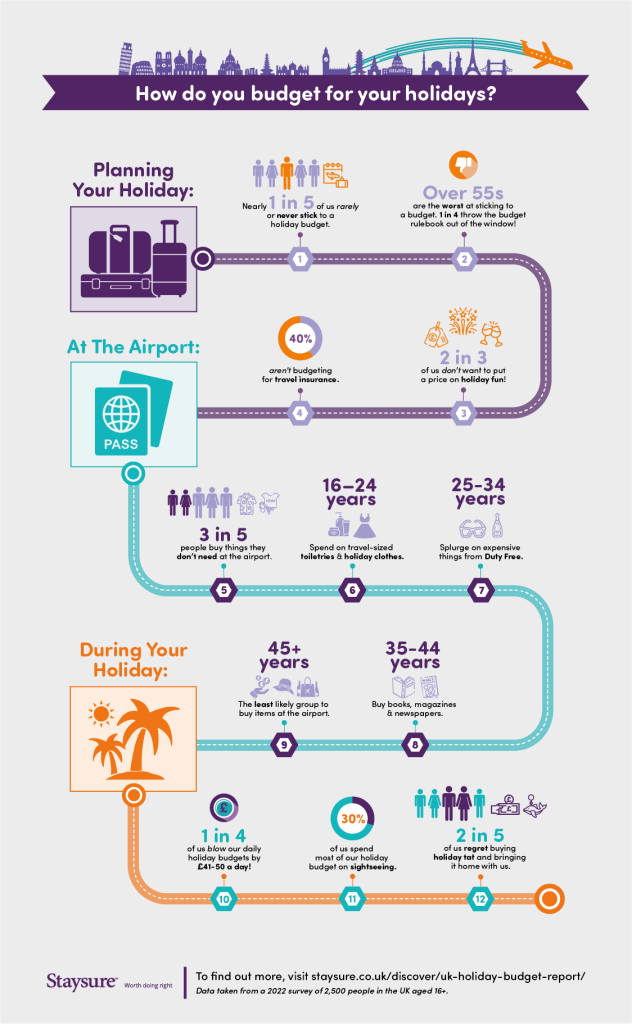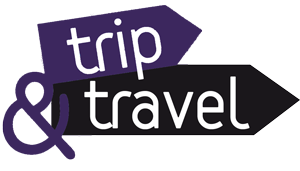Before you travel:
It can be easy to underestimate the costs associated with your travel trip, so it’s important to consider all areas in which you may be spending beforehand. To make things easier for yourself, it would be worth setting a daily budget divided by categories. Try to visualize your trip, imagining how you might spend money along the way. From here, you can then begin generating a basic budget that includes airport costs, in-situ travel, food and accommodation.
A good travel budget is a flexible one, so once you’ve defined your basic budget, you’ll want to start accounting for unexpected or impromptu costs. Spontaneity can massively contribute to the magic of a holiday and planning every detail can feel like overkill. It’s worth bearing in mind that you should keep money aside for things you wouldn’t generally budget for, such as beach gear, an impromptu music festival crawl, or even medical emergencies. If you’re a more experienced traveler, you may want to start keeping a record of your travel costs to identify areas where you’ve previously overspent, helping you manage your expectations and set realistic budgets in the future.
At the airport:
Airport costs can easily stack up if you aren’t planning ahead, and data suggests 3 in 5 people buy things they don’t need at the airport.
Whilst there are many great deals to be had at the airport, not everything is cheaper and it can quickly become easy to splurge on unnecessary items.
Duty-free doesn’t necessarily correlate to the cheapest offer for items. VAT varies from country to country as well as between airports due to local costs such as rents and rates and employing staff.
It’s worth doing research beforehand to see if you can find a better deal online, particularly for products that aren’t alcohol or tobacco.

Infographic Link: https://www.staysure.co.uk/discover/uk-holiday-budget-report/
During your holiday:
Recent research suggests that 1 in 4 of us blow our holiday budgets by £41-50 a day. To help you account for unexpected costs when traveling, we have listed some of the most common unplanned expenses below:
- Charges for cash withdrawal
- Holiday tat
- Charges for exchanging currency
- Car hire or parking costs
- Excess baggage
- Phone roaming charges
Take time when budgeting your trip, making sure to plan ahead and track how much you spend each day. By implementing a variety of these tips, you’ll be able to travel for relatively little money whilst avoiding unexpected costs.














